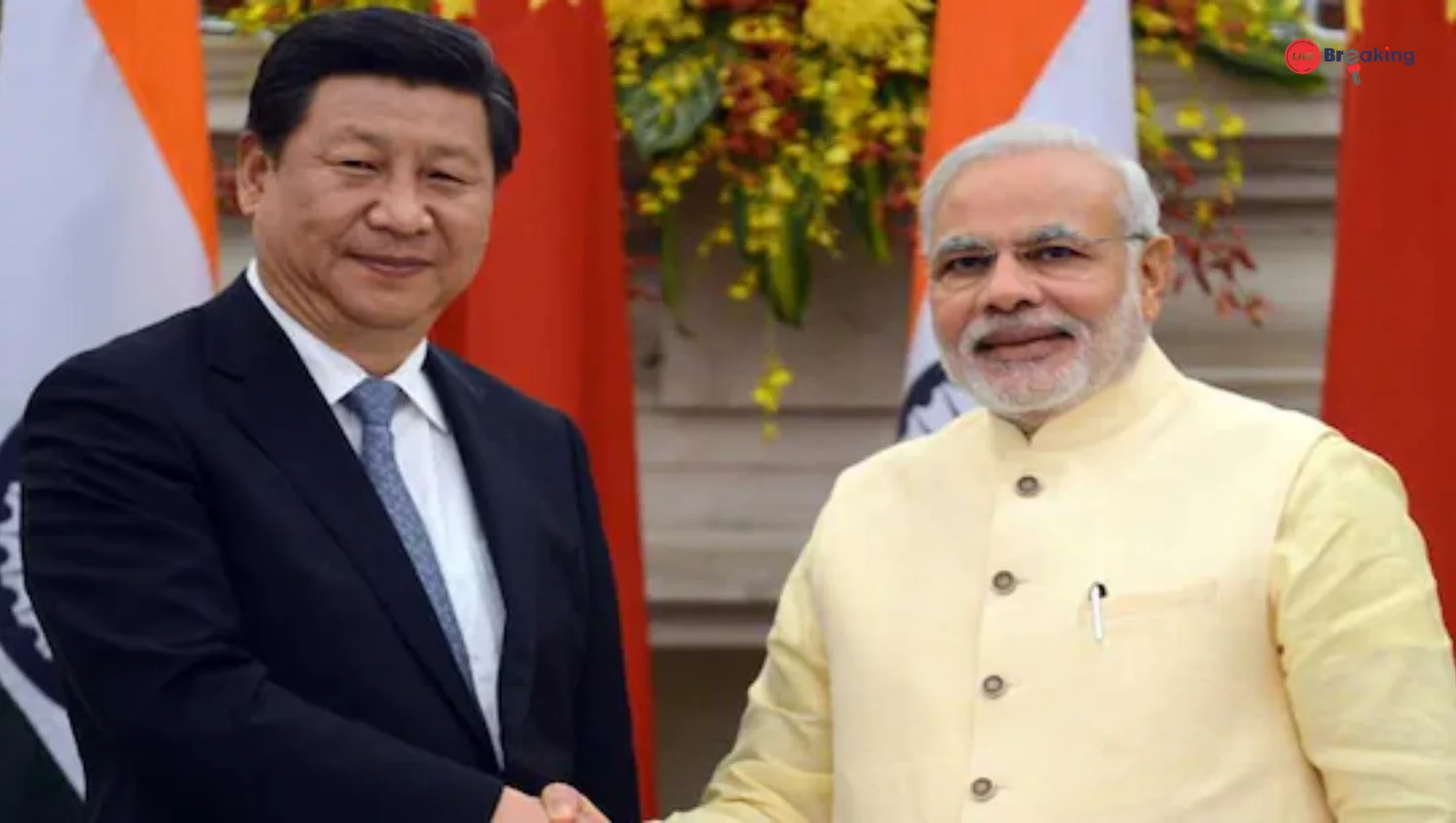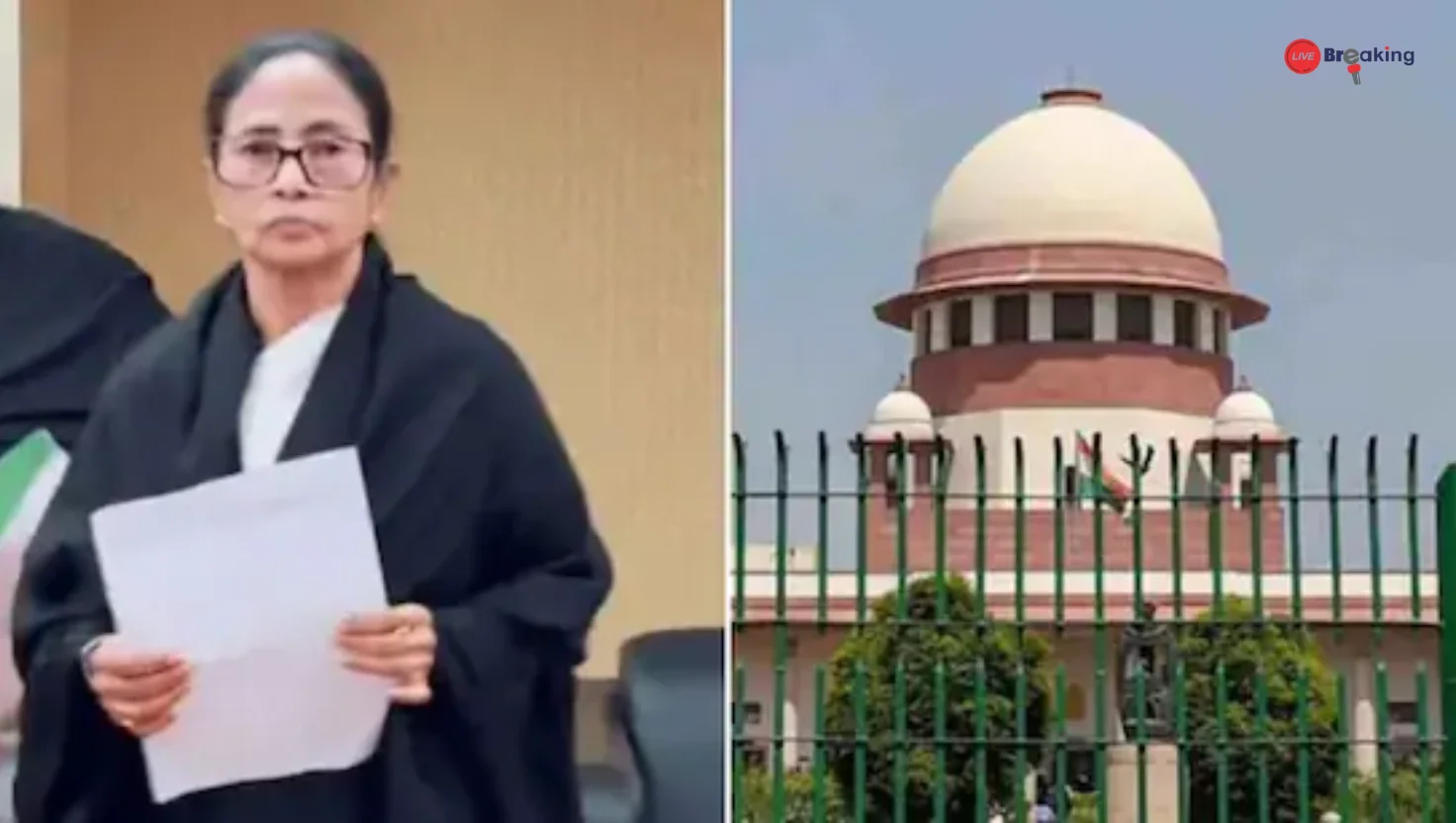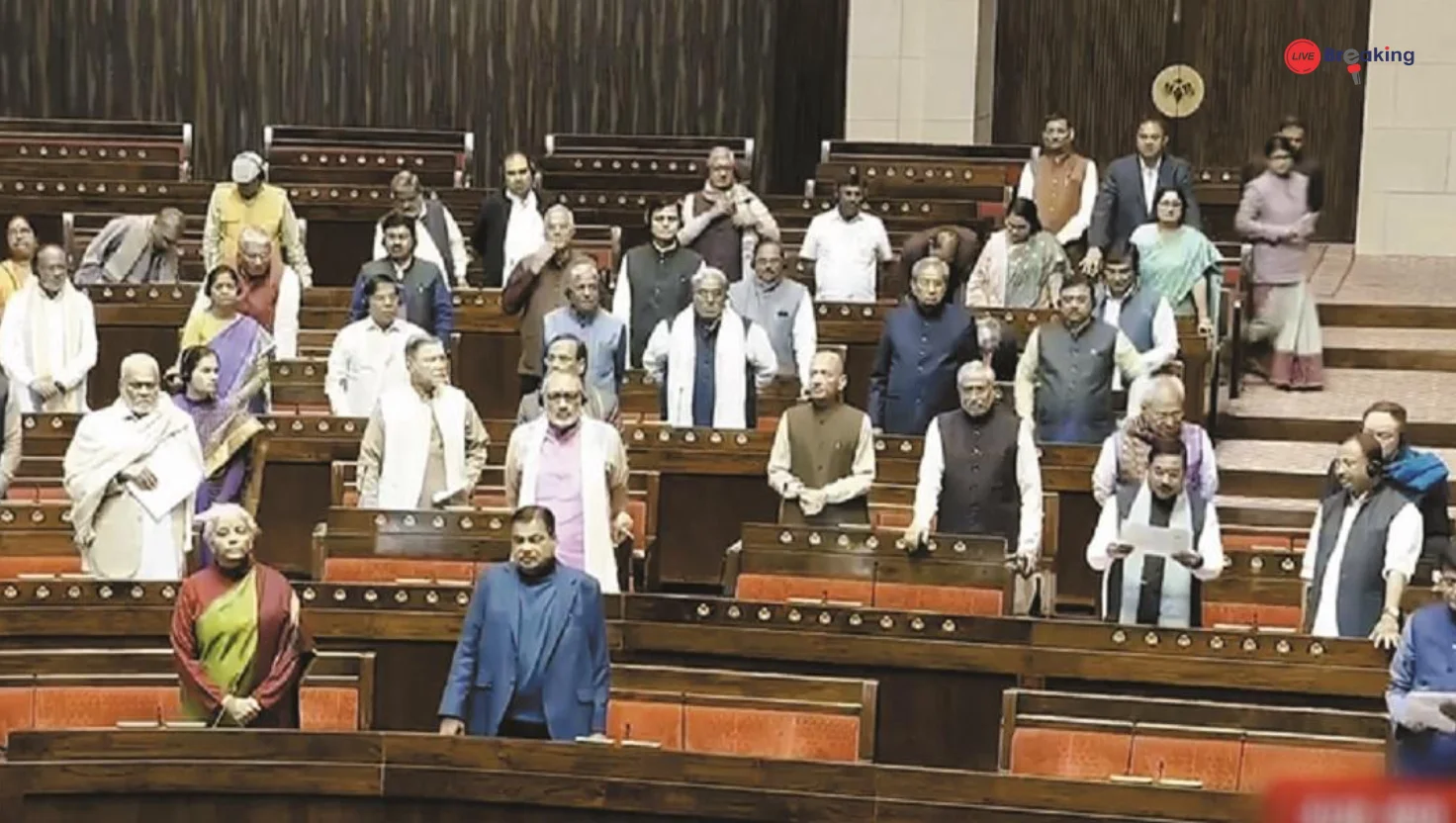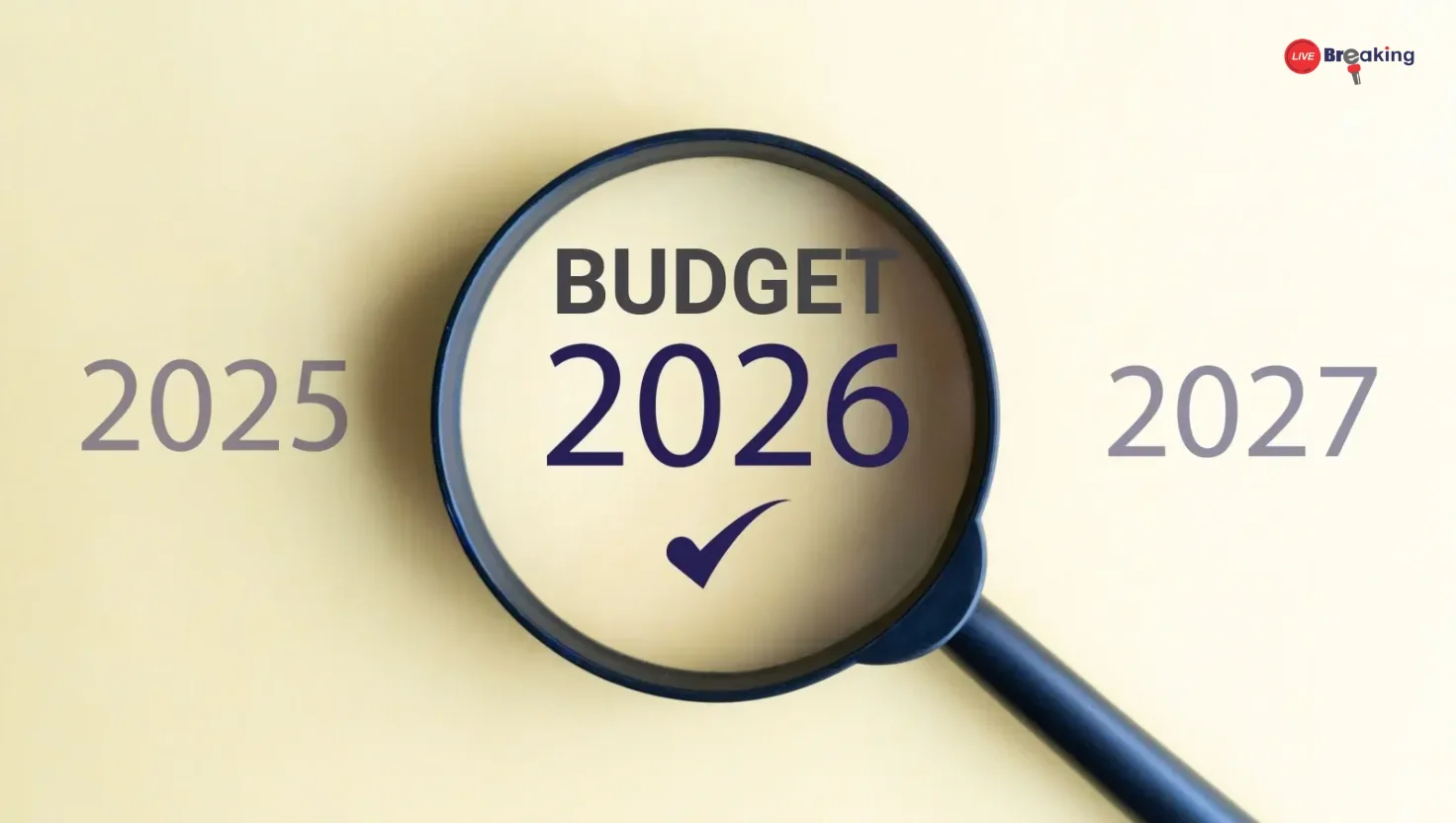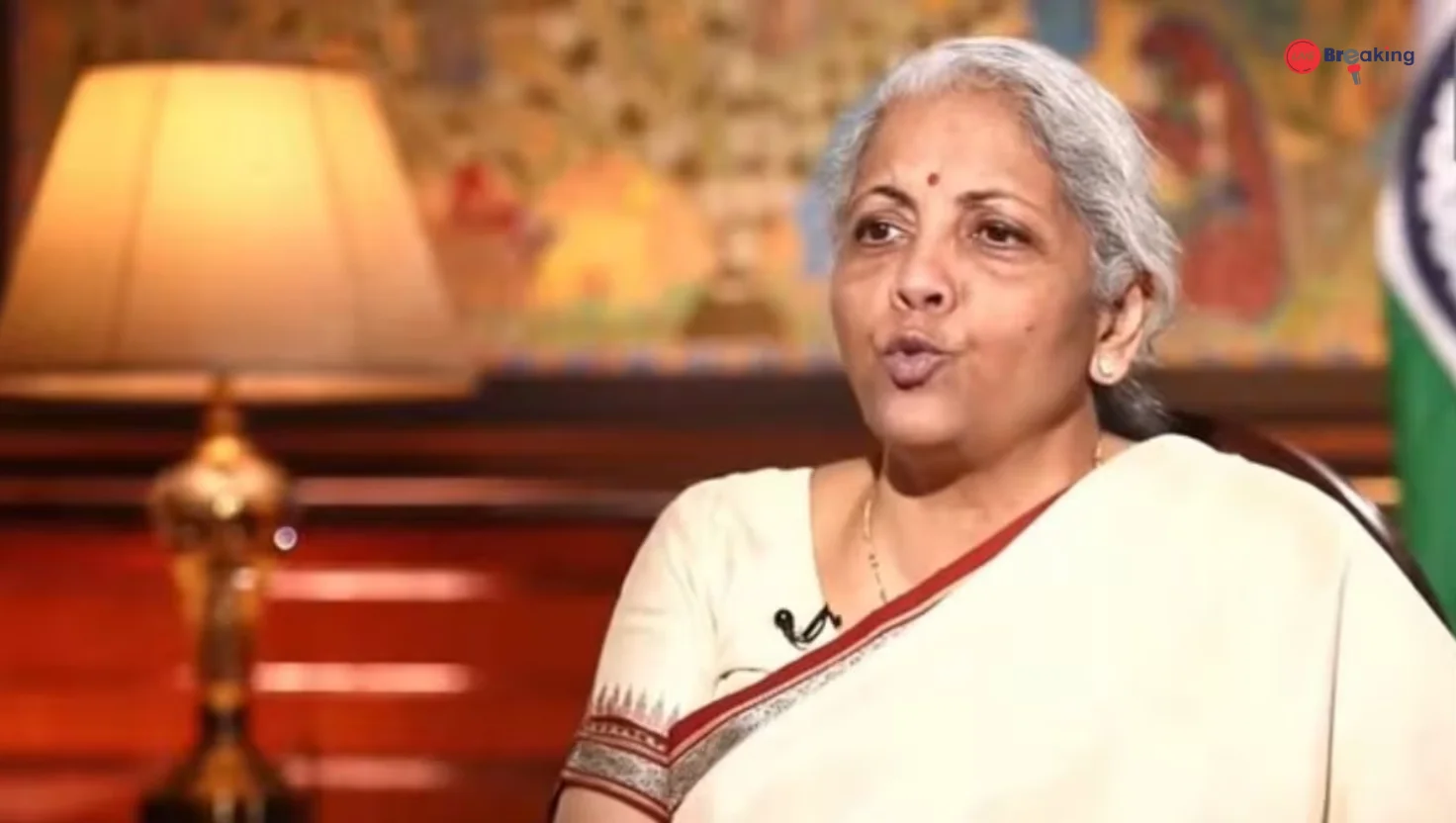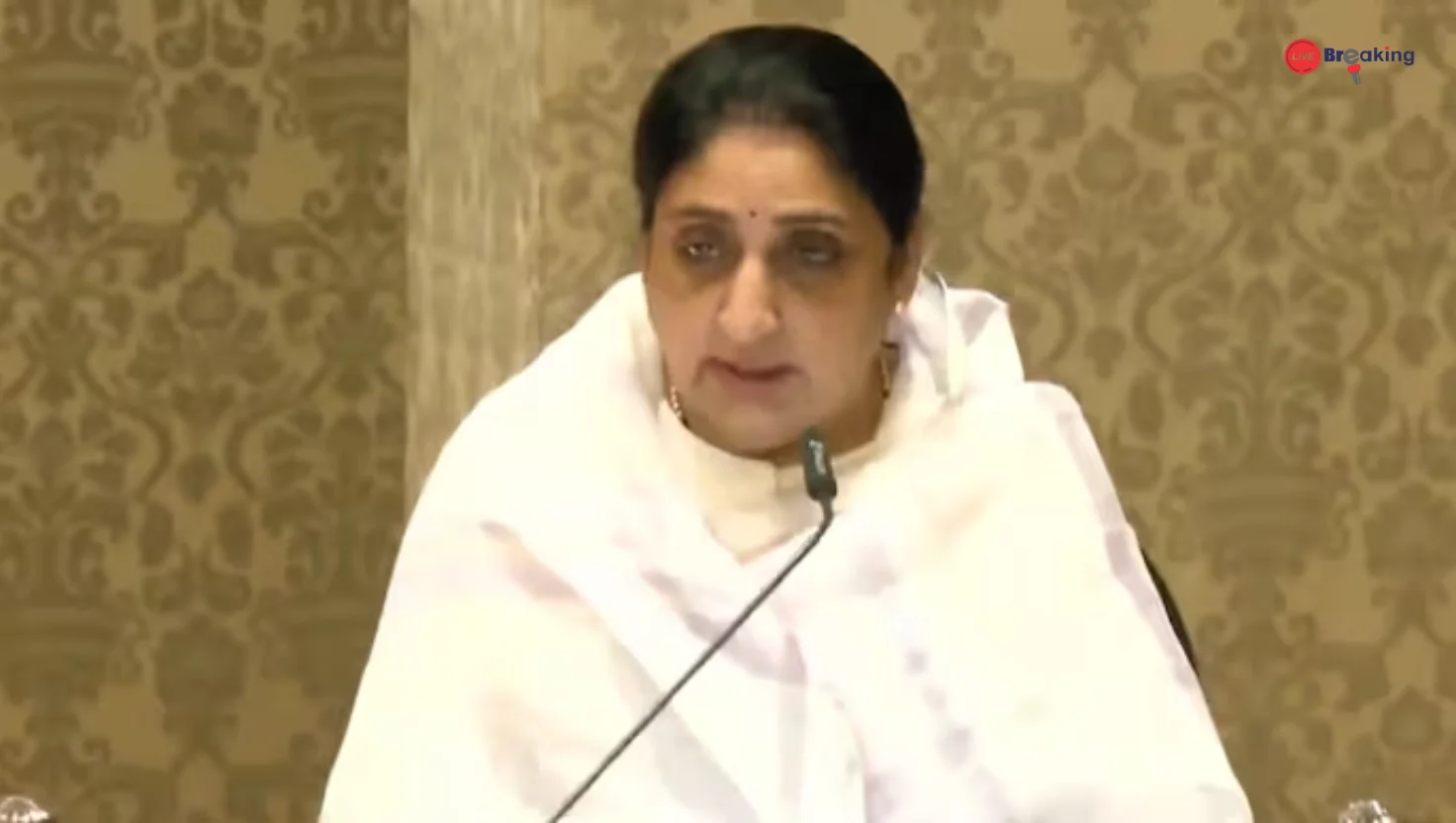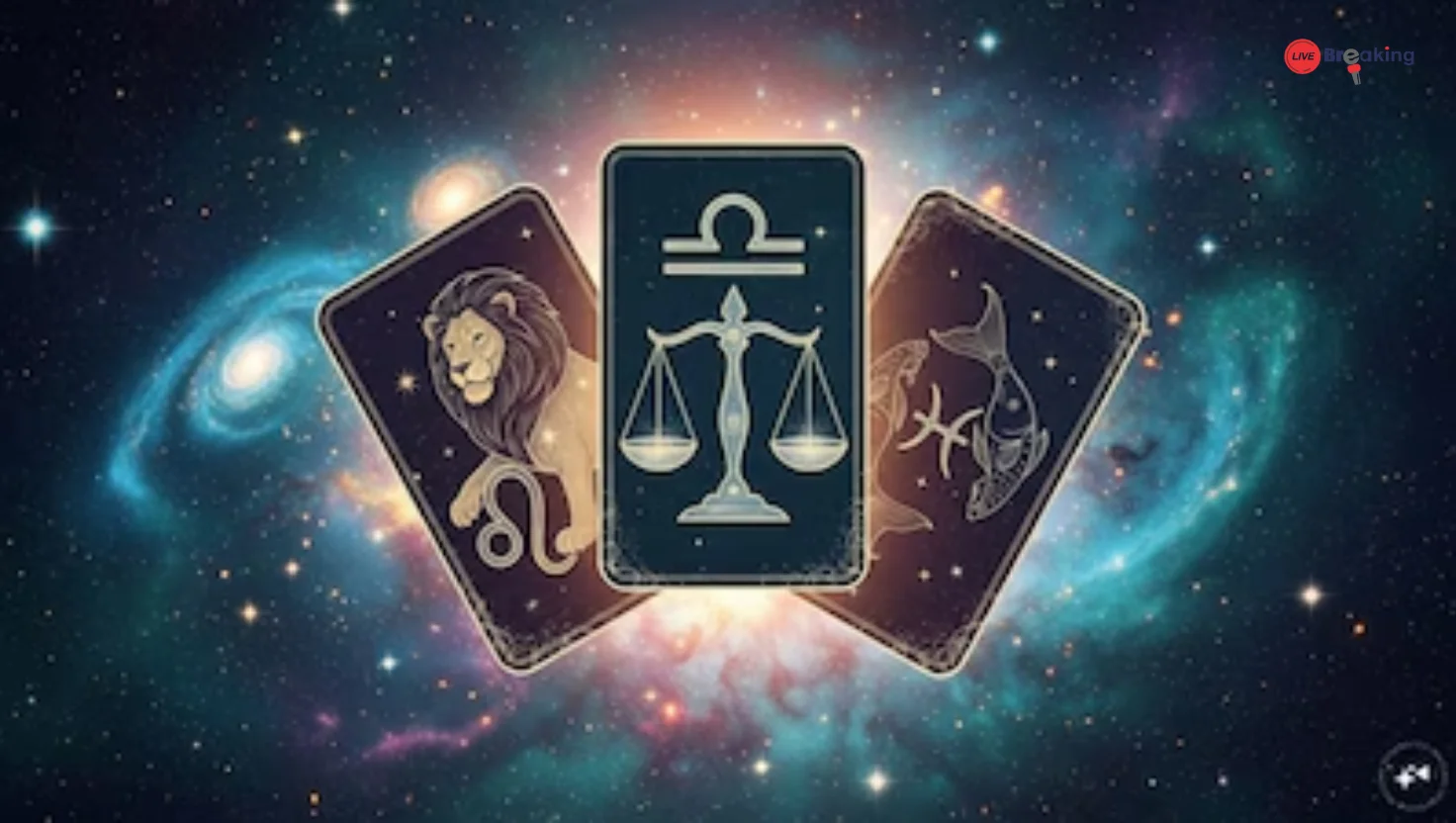Hidden Message: Xi Jinping ‘Secret’ Letter Emerges as Turning Point in India-China Relations
Hidden Message: In the intricate world of international diplomacy, official summits and public statements often capture the spotlight. However, history has shown that some of the most significant breakthroughs come not from grand declarations but from subtle, behind-the-scenes exchanges. One such instance, according to recent reports, was a private letter from Chinese President Xi Jinping, which played a pivotal role in softening the strained relations between India and China.
Context of Strained Ties
India and China, the two Asian giants, share not only a long border but also a history of strategic rivalry and occasional confrontations. The border standoff in Ladakh’s Galwan Valley in 2020, which led to the loss of lives on both sides, plunged bilateral ties to their lowest point in decades. Mutual trust was eroded, trade suffered, and diplomatic dialogue often appeared limited to tough statements.
Despite numerous rounds of military and diplomatic talks, both nations struggled to find common ground. It was against this tense backdrop that Xi Jinping’s private outreach reportedly found its way to Indian leadership.
The Letter That Shifted the Tone
Though the exact contents remain undisclosed, the letter was said to carry a message of restraint, reassurance, and willingness to re-engage. Unlike formal diplomatic communications, which are often shaped by protocol and political considerations, the private nature of the letter conveyed a personal touch from Xi himself.
This “hidden message” reportedly emphasized the importance of cooperation over confrontation, the need for regional stability, and the economic opportunities that could be unlocked if both sides worked together. It may not have resolved all disputes, but it acted as an icebreaker at a time when conversations had nearly frozen.
Symbolism in Diplomacy
In diplomacy, gestures often speak louder than words. A personal letter can signal seriousness and intent in a way official communiqués cannot. By sending a private message, Xi may have sought to show that China remained committed to dialogue, even if differences persisted.
Read more: PM Modi Avoided 4 Calls From Trump Amid Tariff Tension: Report
PM Modi Avoided 4 Calls From Trump Amid Tariff Tension: Report
For India, receiving such a communication would have been a sign that Beijing was not closing the door on reconciliation. It gave New Delhi an opening to restart channels of trust-building without appearing to compromise publicly on its stance.
Moving Towards a Reset
Following the reported letter, subsequent interactions between Indian and Chinese officials began to show signs of thaw. Meetings on trade, cultural exchanges, and high-level summits reflected a more measured and pragmatic tone. While border tensions still required cautious handling, the underlying message was that both sides recognized the costs of prolonged hostility.
Lessons in Silent Diplomacy
The revelation of Xi Jinping’s private outreach underscores the power of silent diplomacy. In a world where social media, press briefings, and televised summits dominate narratives, it is often the unseen gestures that change the course of relations.
Read more: TikTok may be back in India 5 years after ban: Website opens but app unavailable
For India and China, two civilizational powers with competing interests yet shared responsibilities, the private letter highlighted a basic truth: sustained peace requires dialogue, even when disagreements seem insurmountable.
The Road Ahead
Though challenges remain—particularly concerning border management, trade imbalances, and strategic competition—both nations appear more willing to explore common ground. If anything, Xi’s hidden message may have set the stage for a cautious but necessary reset in one of Asia’s most complex bilateral relationships.

